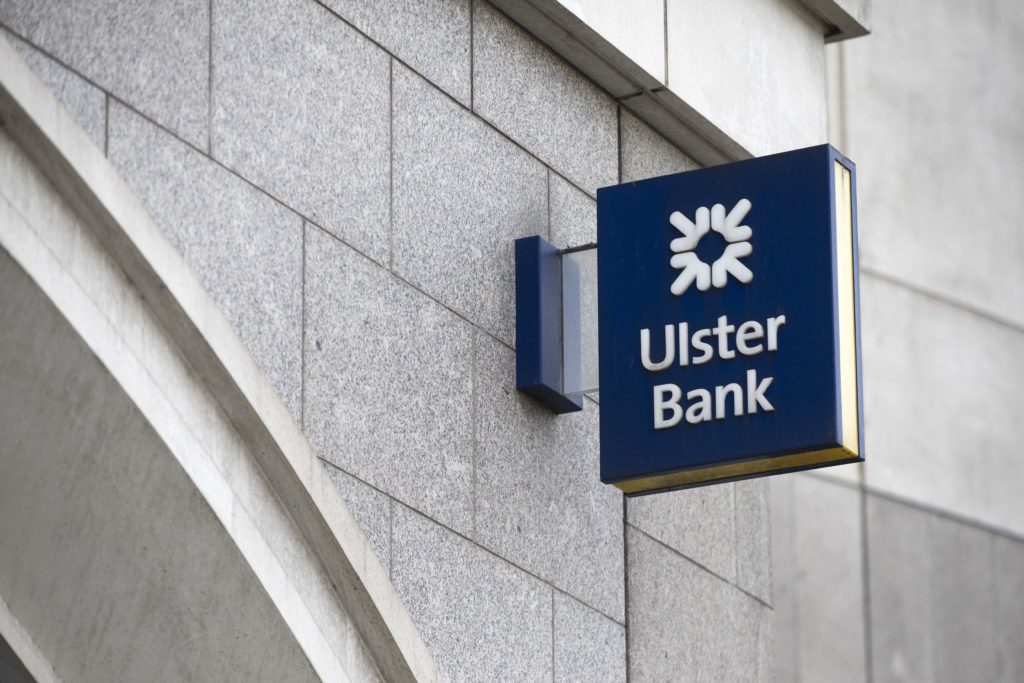ULSTER bank has been operating in the Irish market for more than 160 years, but its fate currently lies in the balance, and its future will be decided on Thursday evening by the board of NatWest.
The tough decisions on the table may pave the way for the break-up of the lender’s €20.5 billion loan book, according to Irish Times sources.
An official announcement is scheduled for Friday morning as the UK based group, previously named the Royal Bank of Scotland (RBS), reports its much-anticipated annual results.
The announcement will shed some light on the year-long speculation since the Irish Times first reported that the group was considering an exit from the Irish market.
Wall Street investment giant Goldman Sachs has been advising NatWest on its strategic review into Ulster Bank’s future.
It is also liaising with a number of other parties interested in the loan book, including AIB, Permanent TSB and the Irish lender Dilosk.
It remains unclear if the discussions will lead to deals being struck between the various financial institutions involved – all of whom declined to give a comment to the Irish Times.
 Ulster Bank
Ulster BankAs well as leading banks, other so-called vulture funds, such as Cerberus and Lone Star – known for their aggressive bids for distressed loans throughout Ireland and Europe in recent years – are reportedly circling the sizable Ulster Bank loan book.
Ulster Bank currently employs 2,800 in the Republic and required a £15 billion (€17.3 billion) bailout from RBS during the 2008 financial crisis.
While the ailing bank has managed to convince the Central Bank of Ireland to allow it return €3.5 billion of surplus capital reserves to NatWest in recent years, it is still required to hold equity capital reserves equal to around 28 per cent of risk-weighted assets – double the ratio of what most banks, including NatWest, have set as their long term targets.
This has placed NatWest in a tight financial squeeze, as its returns on capital are hit on two fronts: being tied up in the Republic of Ireland and suffering from the global dip in interest rates owing to reduced loan demand.
The pandemic has also taken a toll, as non-performing loans are expected to spike at some stage this year – making the pressure to redeploy the funds even more urgent.
Fallout from the carving up of Ulster Bank’s loan book is expected to be significant, as the group currently has a 15 per cent share of the mortgage market and 20 per cent of small business (SME), as well as prominent lending and corporate banking branches.
Disentangling these various businesses from the Irish economy will be a complex process and will be more challenging to manage than the departure of certain overseas banks, including Danske Bank and Bank of Scotland, that have similarly exited the Irish market since the financial crash.
Compounding the €22 billion problem is the fact that the European Central Bank is charging the negative interest rates on surplus cash deposits.
Minister for Public Expenditure Michael McGrath assured those attending a Fianna Fáil parliamentary party meeting on Wednesday night that the Government had been very proactive in addressing Ulster Bank issue – engaging with the chairman of NatWest as well as the Chancellor of the Exchequer in the UK.

